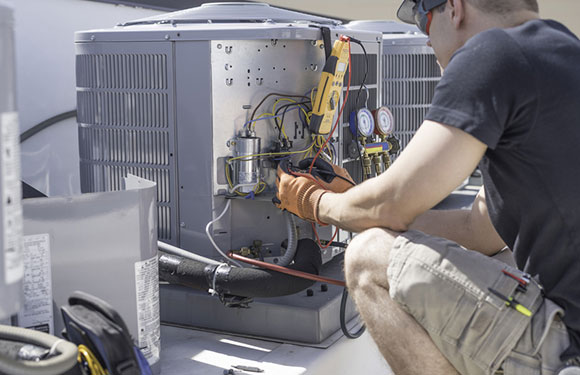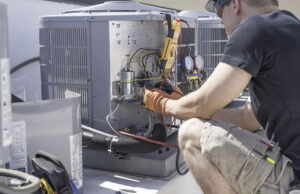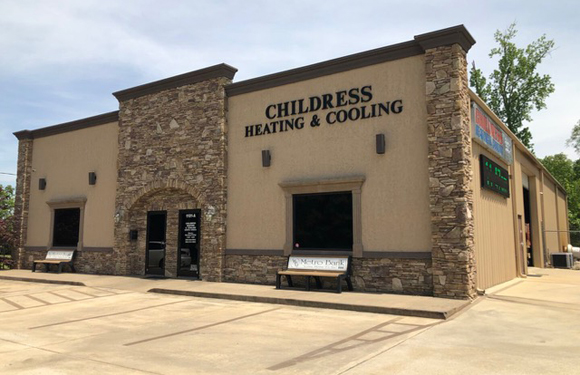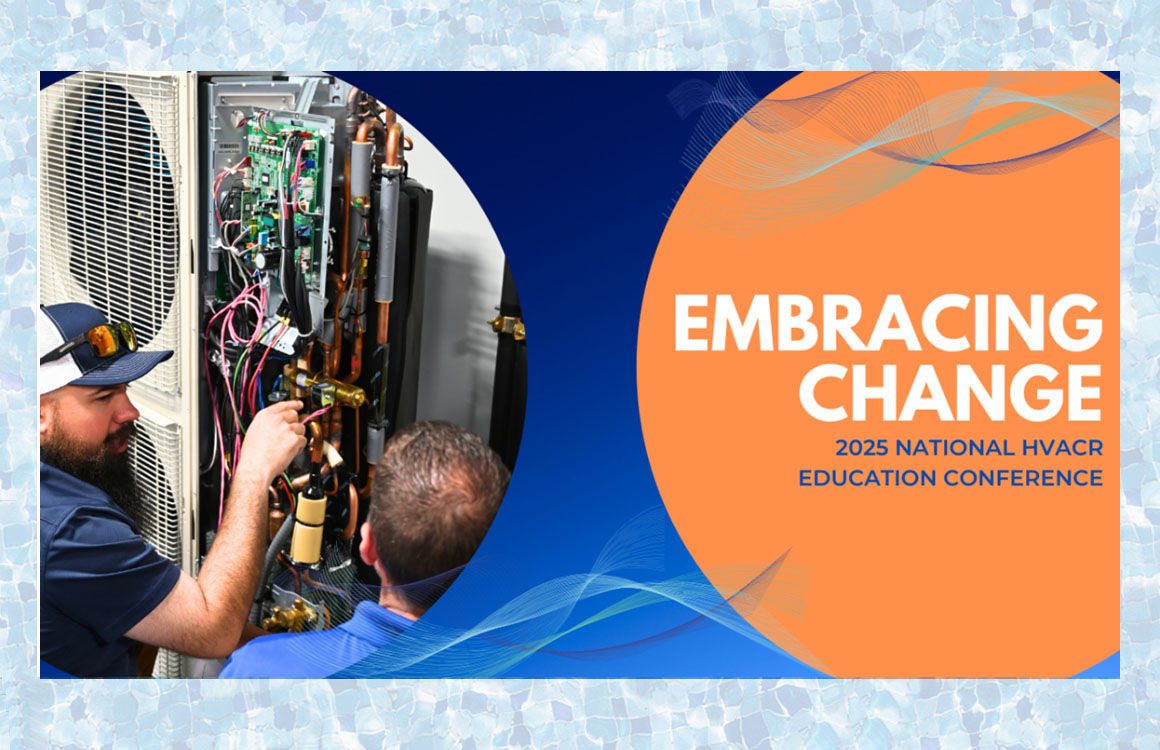
Contractors
8 Essential Safety Tips for HVAC Technicians
Contributed by Nick Warrick

Suffering a workplace injury while on the job? That’s never fun. And if it happens to you or someone you know, the time off work will result in a loss of pay and hefty medical bills, which is not always pretty. The best thing you can do for yourself is to get the right mechanic uniforms and arm yourself with the best safety information to minimize risk.
Safety Should Be a Priority for HVAC Technicians
According to the Bureau of Labor Statistics (BLS), there were 5,190 fatal occupational injuries in the U.S. in 2021, an 8.94% increase from 2020.
HVAC technicians have one of the most physically demanding jobs in the world. They are constantly on their feet, bending, lifting, and climbing. Even though they may work in clean, well-lit environments, they are still faced with many daily hazards.
Here are some essential tips and requirements for HVAC technicians to improve safety on their jobs.
1. Safety Gear and Mechanic Uniforms
Always wear protective gear such as goggles, gloves, and earplugs when working near dangerous equipment or chemicals.
Wear safety glasses to protect yourself against flying particles, such as dust particles. These particles may come into contact with your eyes while working.
You should wear gloves when handling chemicals such as Freon gas and lead solder. These materials can cause skin irritation if they come in contact with your skin.
It’s also essential to wear mechanic uniforms that are oil-retardant and don’t rip easily. The best mechanic uniforms feature ripstop fabric and have several pockets for storing tools needed.
Wear slip-resistant shoes when working on steep roofs to prevent falls or slips. Finally, helmets are also essential in areas with potential falling objects.
2. Proper Tools
The National Safety Council recommends that HVAC technicians use only the appropriate tools for each job. Before starting work, you should also ensure that your tool is in good condition. If a tool is unavailable, you should find a way to get it before starting work on an HVAC system.
Without the right tools, you might injure yourself or damage equipment. The best way to ensure your tools are ready to go is to take care of them. Clean them after each use, sharpen blades if necessary, and replace worn parts when needed.
Also, don’t leave tools lying around where they could cause injury to someone else if they fall over onto them while walking through your workspace.
3. Short Breaks
Working on equipment can be tiring and stressful, especially if you’re troubleshooting a problem that seems unsolvable. Working long hours can cause fatigue and make you more prone to accidents.
You shouldn’t work for more than two hours without taking a break. Take at least a five-minute break every hour and a half, and take longer breaks if needed. Your body needs time to rest to avoid fatigue or injuries.
Get out and stretch your legs for a few minutes, even if it’s just walking outside the building or going upstairs for fresh air.
Use that time to rehydrate. Dehydration can cause headaches, muscle cramps, and dizziness — making it harder for your body to regulate its temperature. These factors can also increase the risk of injury in your job.
4. Situational Awareness
HVAC technicians work in an environment full of moving parts, liquids, and currents. The stress of the job, combined with the nature of the job and the working conditions, can make it challenging to stay focused on your tasks.
Look around you when walking into a room or approaching parts of the system that are difficult to see. Don’t just walk blindly into danger when you’re troubleshooting a problem.
Know the environment where you work. If you work in an old building that has been neglected over time, there may be safety issues you should be aware of before entering certain areas.
For example, if there is asbestos insulation in place, it’s best not to disturb it until it can be removed safely by professionals who have experience working with asbestos materials.
5. Skills Improvement
HVAC technicians should have the necessary skills and knowledge to perform their jobs safely. One way to improve your skills is by attending seminars and workshops offered by manufacturers of HVAC equipment and tools.
Many companies host free seminars at local trade shows or offer online training sessions through websites such as YouTube. These events provide valuable information on all facets of HVAC maintenance, installation, and repair work, including best practices for working safely around hot surfaces like furnaces and boilers.
6. Thoroughness and Precision
Technically-trained workers should follow all safety procedures related to the job they are performing. They should also read manufacturers’ instructions before beginning a task, so they know how to safely use the equipment they are using, such as fans or heaters.
It may be tempting to skip steps, but this could lead to serious injury. If you notice something isn’t right, take the time to fix it before moving on.
Also, you should use quality parts and follow the manufacturer’s instructions strictly. This safety practice also protects your customer from incurring future costs. It’s always important to be thorough on every job because it ensures safety.
7. Issue Assessment
The most important thing an HVAC technician can do is issue an assessment. They need to note potential hazards and identify areas where their work could affect other employees or customers.
The assessment should include checking for fire hazards and ensuring the area is safe for other people to enter after completing their work.
Before starting work on an HVAC system:
- Take a moment to assess your environment and ensure it’s safe for you to begin working
- Look for loose fittings and leaks around valves, pipes, and fittings
- Check for oil or other liquids on the floor around compressors, heat pumps, and chillers
- Ensure to check all connections before beginning work
8. Caution Around Flammables and Corrosives
When working on an HVAC system, you may encounter flammable liquids such as gasoline or kerosene. You may also encounter corrosive liquids such as sulfuric acid or bleach solutions that can cause severe burns if they come into contact with your skin or eyes.
Avoid direct skin contact with these substances as much as possible by using appropriate precautions. Keep containers tightly sealed when not in use. It’s also important to keep an eye on children.
Wrapping Up
Safety is paramount for HVAC technicians. The risks of working in this field should not be taken lightly. You can prevent many issues through training, prep work, staying alert, and focusing on your work.
Nick Warrick is the Sales Manager at All Seasons Uniforms. With bachelor’s degrees in both Business Administration and Information Technology, he has worked with over 100 clients across 20 different industries and logged over 15 years of experience in the work uniform business. Contact Nick at allseasonsuniformspartnership@gmail.com













